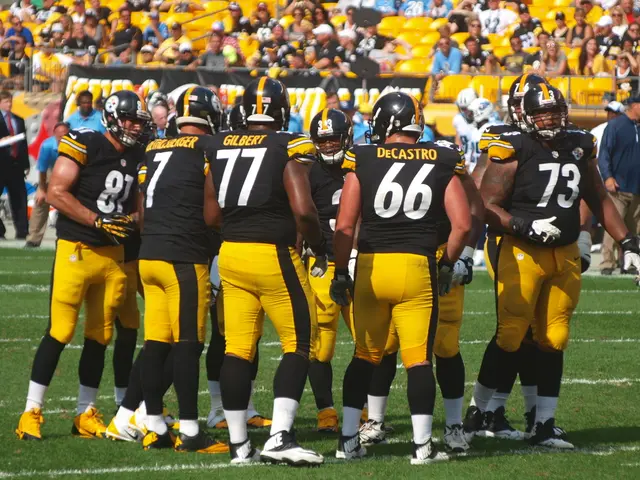Prominent Pennsylvania district attorney calls for clarity on skill game
A prominent Pennsylvania district attorney is calling on state lawmakers in Harrisburg to pass a law regulating games of skill, a controversial slot-like machine the casino industry says constitutes illegal gambling.
Berks County District Attorney John Adams penned an editorial published by The Reading Eagle calling on the General Assembly to provide law enforcement with clear information about the competition most commonly known as "Pennsylvania Skills." Adams said police are not sure whether the gray slot machines that are becoming increasingly common in restaurants, bars, gas stations, grocery stores and grocery stores are legal.
Adams, who chairs the communications committee for the Pennsylvania District Attorneys Association, said games of skill attract criminals who know they cost a lot of money and that many of the hosting companies have little or no security.
"Thieves know these ATMs have cash drawers. They understand that, unlike heavily regulated casinos, local skill gaming shops often have little or no security," Adams wrote.
Supervision required
Pennsylvania courts have issued multiple rulings in favor of the skill gaming industry, concluding that the skill portion of terminal operation exempts the machines from state gambling laws. As a result, law enforcement cannot seize skill slot machines or related cash.
While legal challenges remain before the Pennsylvania Supreme Court, Gov. Josh Shapiro (D) has included revenue from legalizing skill games in his 2024-25 budget proposal. The machines currently do not generate any tax revenue for the state or the county or community in which they are located. Instead, profits are split between game software developers and terminal manufacturers, routing distributors and console companies.
Shapiro proposed a 42% tax on gross proceeds from skill games. A bipartisan bill filed in February seeks to lower the tax rate to 16%.
Adams said in the editorial that the Pennsylvania District Attorneys Association neither supports nor opposes legalizing games of skill but still wants clarification on the laws surrounding the games.
"Prosecutors are calling on lawmakers to provide law enforcement with clear guidance on what is and is not legal in games of skill. They are also calling for the development of consumer protections, safety requirements and mechanisms to prevent underage consumption," Adams continued.
"Without safety requirements and regulation, these games of skill will continue to attract criminals seeking easy money. This puts us all at risk," the Berks County District Attorney concluded.
Casino fined for violating regulations
There are many incidents of minors playing games of skill with no punishment. That's not the case for the state's tightly regulated casinos.
The Pennsylvania Gaming Control Board (PGCB), which regulates the state's 17 land-based casinos, iGaming, retail and online sportsbooks, truck stop video gaming terminals and fantasy sports, fined The Meadows' Hollywood Casino this week over licensing issues. People on the state's self-exclusion list engage in gambling.
State gaming regulators said casinos must deny entry to even those who are excluded, and the Meadows Casino, operated by Pennsylvania Entertainment Corp., failed to comply with that rule.
Not only do casinos face consequences, but so do self-excluded people who try to get into them. The PGCB said self-exclusioners caught in casinos could be charged with trespassing, a misdemeanor, which was the case in the incident at The Meadows.
Read also:
- Games Industry Research: Carbon Emissions of Top Video Games
- U.S. cities with the most Swifties per capita
- Blackjack Casino Advantage: How to Beat the Odds
- Football 101: What is relegation in football?
Source: www.casino.org








